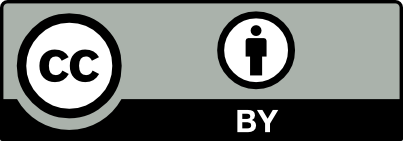TTTP
Traffic and Transport Theory and Practice
Journal for Traffic and Transport Research and Application
Call for papers
The TTTP Journal is an international scientific journal published in English language with both electronic and printed versions.
TTTP provides conditions and positive environment for the new idea promotion, exchange research results and achievements accomplished by the scientific community from academia and transportation industry.
Call for papers
Dear Author, please read carefully all texts given on JITA website, especially „Instructions for Authors“. To submit your manuscript please download manuscript template and copyright form. Please attach also a short biography of author(s), max. 200 characters, as a separate MS Word© document. Clicking on „Upload paper“ button will open form to send





